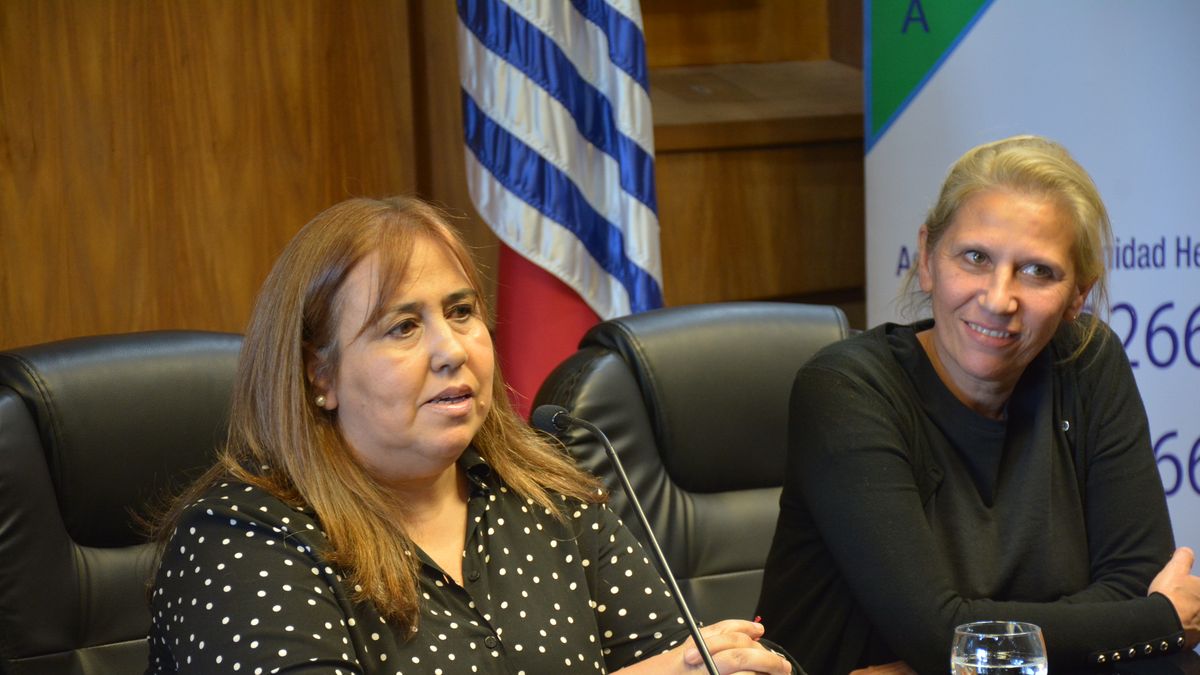Likewise, Dr. Nelia Hernandez, Chair of Pharmacology and Gastroenterology, emphasized that it is a pleasure to work with this team with a very clear goal of working towards the eradication of hepatitis C by 2030.
“This is a very difficult task, a huge challenge, and if we don’t detect and diagnose, we won’t be able to treat and cure people with hepatitis. We have very good treatments that can cure more than 95 percent of cases.”
Canelones is a pioneer in hepatitis C eradication policies in Uruguay and Latin America. It is the first sector in Latin America to join the HepCityFree program created in Spain, which aims to achieve the goals of the World Health Organization and work to eradicate the disease.
risk groups
Aracelis Delgado People deprived of their liberty are considered a “risk group” given their high likelihood of infection.
“People live in complex conditions and there are risks with tools, piercings, cuts, tattoos that are not done in optimal conditions, or exchanges that can happen between prisoners. Most people are Under 30 years old. This action guarantees people access to treatment and gives us peace of mind. The municipality has taken on the role of going out and looking for existing cases and cases that are known to exist but have not been detected,” he added.
Aracelis Delgado reports that the process will be divided into three phases, in which the Canelones government will provide rapid tests, the university will carry out surveillance and, if a case is confirmed, the Hepatitis C Association will provide support and containment.
He recalled that the city government created a working group that met regularly to analyze the problem and to vouch for the commune’s decision to include rapid tests in the psychophysics of driver’s licenses.
If hepatitis C is detected in time, it can be cured within 90 days of treatment; complications of this disease may be liver cancer, cirrhosis, etc., which occur after many years have passed without people knowing they have the disease.
“We want to help people who have drug problems or addiction problems. We want to do micro-elimination in different groups of people,” he added.

